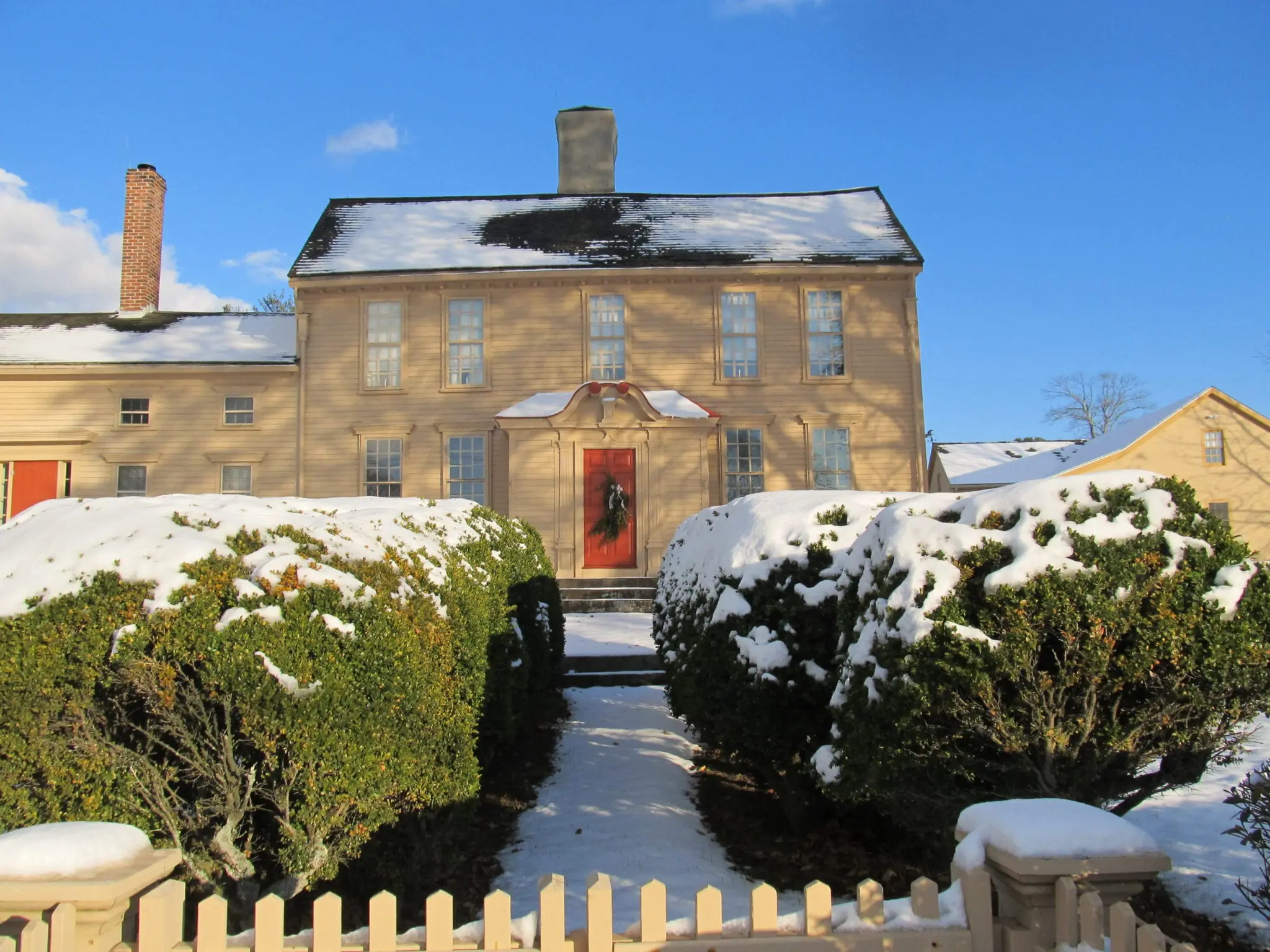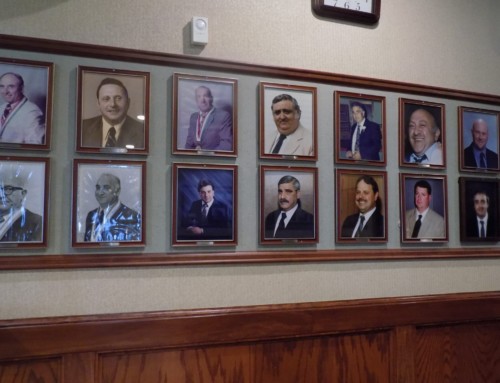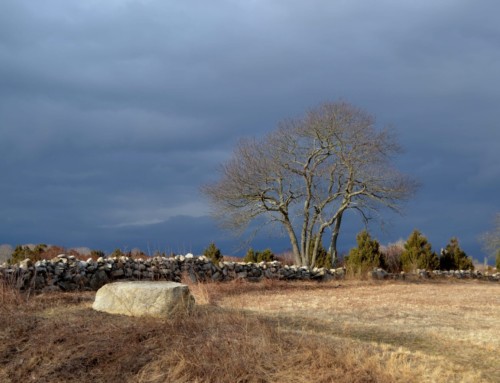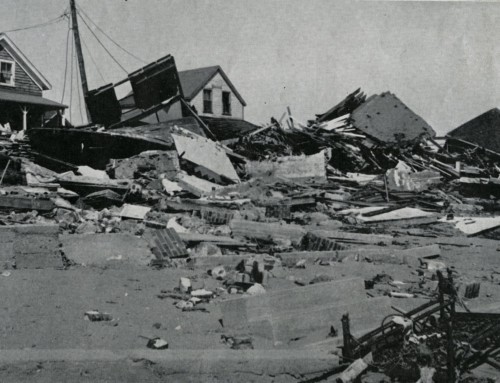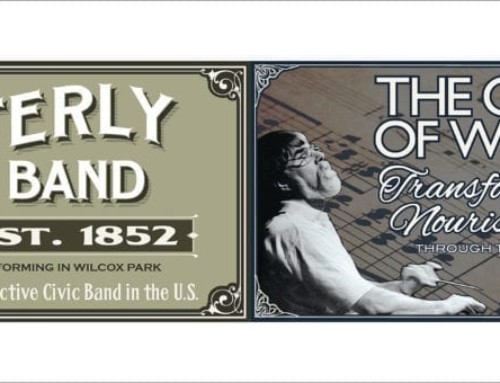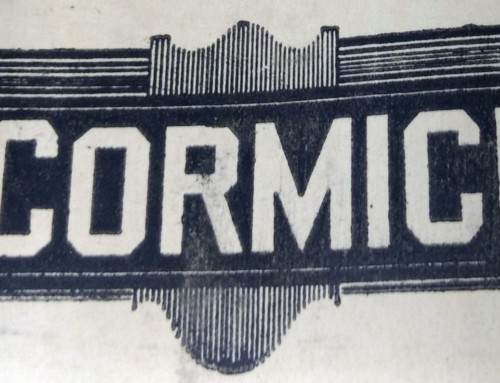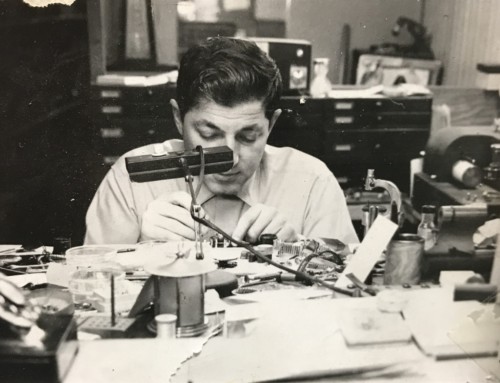Westerly is home to more than just beautiful beaches and exciting new restaurants – it’s also full of history, from the birth of the country through the 20th-century. Westerly is fortunate to have the Babcock-Smith House Museum right in the heart of it all to help us remember and explore the town’s past.
Museum Trustee Dr. Ellen Madison, a former American literature teacher, became involved with the Babcock-Smith House years ago, following another board member’s recommendation.
“They knew that I was living in a colonial era house and had an interest in colonial history so they asked if I would serve on the board, and I’ve been a trustee ever since,” she explained.
“I think what’s most important to know about us is that we represent two different eras in Westerly history – the colonial era with the house’s original owner Joshua Babcock, and the era of the granite industry, with the Smith family,” Ellen said. “It’s fairly unique for a historical museum to have two very different periods of history to explore and interpret, but the house itself lived two different lives through its owners.”
The Georgian mansion was built by Joshua Babcock in 1734 and Joshua is known to have hosted his friend Ben Franklin there on several occasions. The house even served as the first post office in Westerly after Joshua became the first postmaster of the town. Following Joshua’s death, the house and grounds became a tenant farm but was purchased and restored by Orlando Smith in 1846.
Smith Granite soon became the largest granite company in town, with an active shed that produced a lot of monuments, including many at Gettysburg. Orlando used the home to entertain business prospects and passed it down the family line until 1972, at which point the house was willed to a trust and turned into a museum.
Although there’s nothing tangible left from the era of the Babcock family, other than documents, evidence of the granite industry era is plentiful and the museum’s two archivists are always processing and adding new information. The museum has also published books about the granite industry in Westerly and a cookbook featuring historical recipes, and has created two documentaries – one which has aired on PBS about the granite industry, and a new documentary about Joshua Babcock.
“We’re very fortunate to have tremendous records of the company, and we have tried very hard to learn about other granite companies to give us perspective,” Ellen said. “We also love when our visitors go on vacations and take pictures of the monuments made out of Westerly’s granite – it’s an amazing form of outreach.”
Balancing the presentation of the two eras is the task of each docent, who try to tailor their tours to the interests of each visitor. “They gauge what brought them to the museum in the first place,” Ellen said. “Maybe they’re architecture buffs, or they’re into colonial history, or they have family connections, and then go from there.”
The flow of visitors and programs during the year varies, of course – regular hours are kept from Memorial Day through the middle of October, although Ellen shared that the docents are wonderful about giving tours privately any time of the year.
“They do that because Babcocks come from all over the world and they don’t always time their vacations to match up with our season, so even during the off-season we still run a lot of programs,” she said.
Regular programs including yearly presentations on Gettysburg, along with new cemetery tours, and an annual fifth-grade field trip. The museum also has several independent research associates, such as Hugh Barton, who will present his research on his grandfather’s monument company in March. Another event in March will feature Abraham Lincoln’s favorite music performed by a brass trio with narration. And in October, the origin and evolution of Westerly street names will be explored.
“It’s really a huge range of programming that we offer,” Ellen said.
History is a living thing and one that gains value over time. It may be easy for some to write off museums as being dead-end destinations for stagnant, irrelevant information, but the truth is that they’re teeming with evidence of the lives and life lessons of those who have come before us.
“We’re always growing and there are always mysteries to be solved,” Ellen said. If you’ve never been to the Babcock-Smith Museum, or if it’s been a while since your last visit, be sure to stop by soon and see what new things they have in store!
